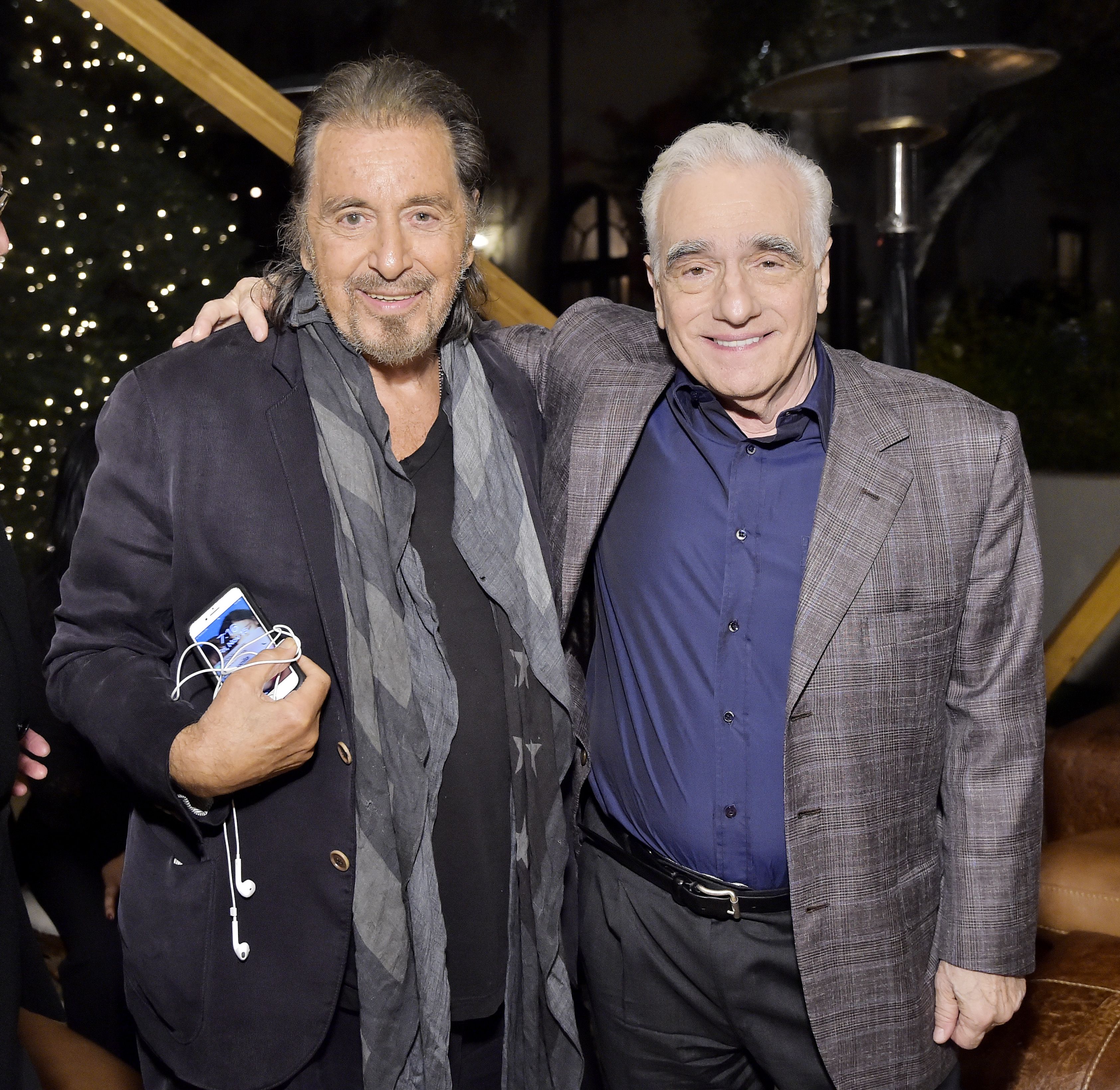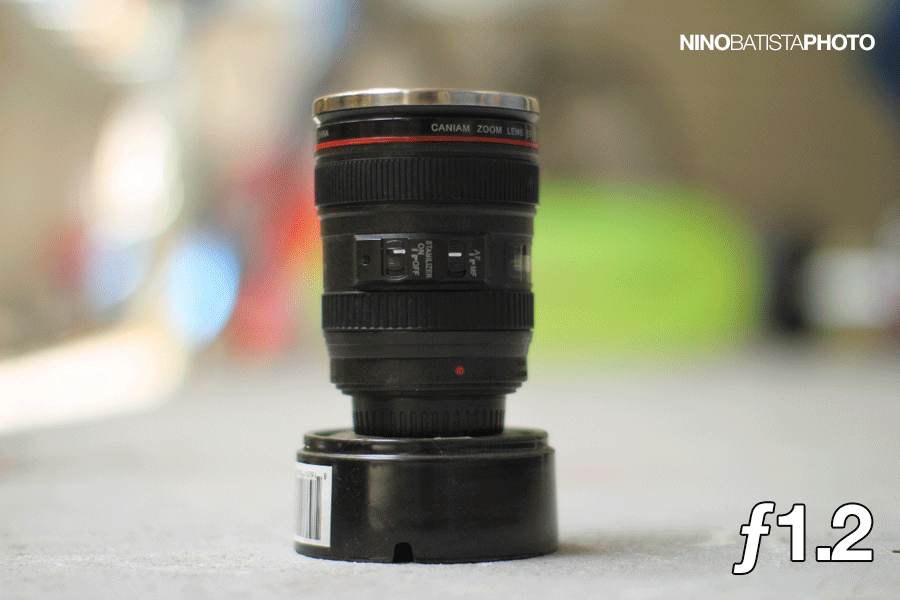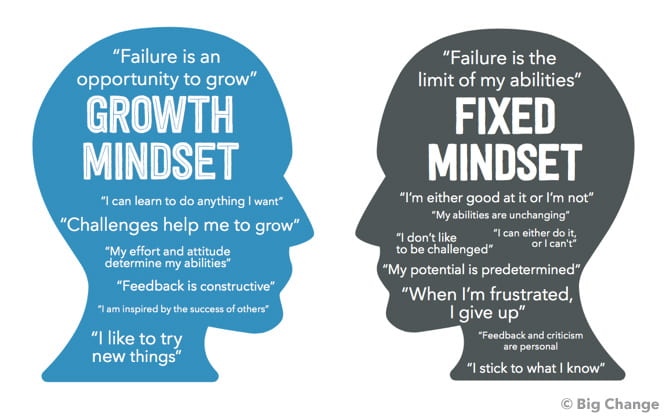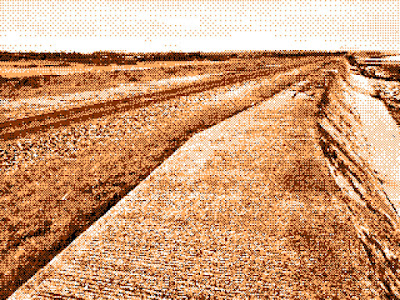I am an individual film artist, which means that I am not engaged with 'professional filmmaking' in the generally understood sense, by which I mean a highly demarcated collaborative large scale exercise.
Higher education in filmmaking is tied to this sense, and is largely aimed at producing graduates able to become cogs in the wheels of industrial filmmaking.
This includes at PhD level, where models are presented as solutions to the problem of specialists in film (writers, directors, cinematographers et al) being able to do practice-based PhDs. The recommended methodology is the research centre.
As a filmmaker who is self-contained, and who takes on all the associated roles (for better or worse), this model is unnecessary. Furthermore, the social sciences framework for practice-based Phds has issues with regarding the artefact as research itself. A more encompassing model is required by the artist practitioner.
What I am trying to negotiate here is a path for non-industrial filmmaking research at PhD level, where the creative output is integral to the research. By carrying on my practice beyond M.A. level, but adopting the same methodology as the creative practice element (thesis film and associated portfolio and blog), this is eminently possible.
However, the social sciences emphasis on positivist models of a research question followed by data collection, analysis, and drawn conclusions, is a false fit, born of historical reasons - pressures from the 'hard' sciences for the social sciences to justify research.
The consequences of this (government imposed) administrative and auditing exercise is PhDs in filmmaking that are boring and uninspiring, but manage to tie their initial question with their conclusion. The closer the research carried out fits the academic model, the poorer the creative artefact/outcome. And since the artefact is essentially the embodiment of new and original knowledge in a practice-based PhD, it will lack significance.
How can my individual art film practice research inform the film industry (and academia), so that filmmaking can become more creative, sustainable and achievable by more people, and the delivery of Filmmaking PhDs facilitate higher quality outcomes?
How does an artist use film to maximise their impact on society?
By employing the resources provided by digitisation of the medium (cheap equipment, free research material, free global distribution) how can the individual filmmaker challenge the hegemonic forces of industrial filmmaking?
Can an individual make a film as good as a film made by the collaboration of hundreds of individuals?
There are many different types of film. They all feed off each other. What is the food of the highly authored personal film? Can recipes be shared?
To satisfy the mindset of those who must see data before they accept that research is being carried out, the data I collect could be interviews with filmmakers and specialists (editors, cinematographers, writers, directors) of both personal films and industry films.
The written element of the Phd could be structured around the specialisms, with my own skills in these areas shared, and commented on, in the context of my own production(s).
Ultimately, a book could be produced. I am thinking along the lines of my own version of Kathryn Millard's 'Screenwriting in a digital era'.
https://www.palgrave.com/gp/book/9780230343283 but 'Solo Filmmaking in a digital era'.
The form of the Phd could be a DVD, to facilitate media examples of moving image with sound. Alternatively, it could also be a website.
Some of the ideas in this particular blog arise from Anderson and Tobin's 'How do you do a practice-based Phd in Filmmaking?' Leeds metropolitan University.
http://eprints.leedsbeckett.ac.uk/623/
 |
| The Rose Bowl. |









